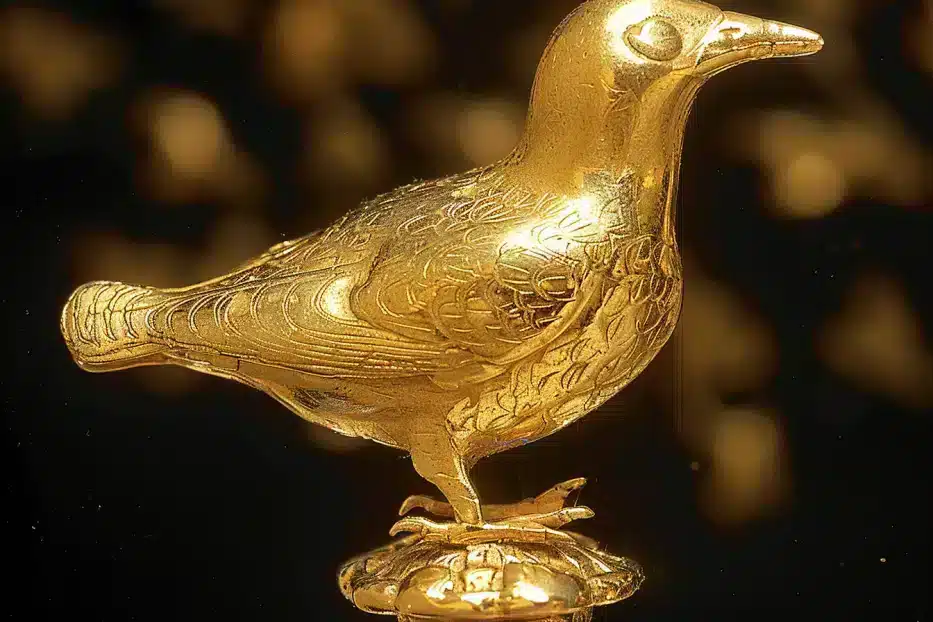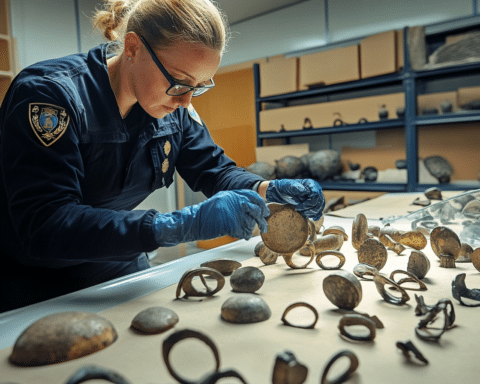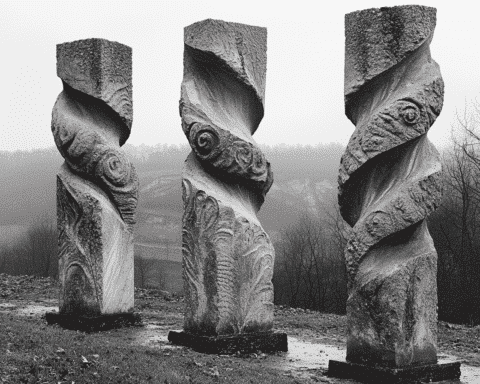In a groundbreaking move, the United Kingdom has agreed to send back precious gold and silver artifacts, which were looted during the colonial era of the 19th century, to Ghana. This restitution is a long-term loan agreement involving some of the UK’s most esteemed institutions, including the British Museum and the Victoria & Albert Museum (V&A). These artifacts, integral to the Asante royal court’s heritage, will soon find a new home at the Manhyia Palace Museum in Kumasi, Ghana, as announced in a recent press release from the UK museums.
The artifacts, numbering 13 pieces of Asante royal regalia, hold significant historical and cultural value. They were taken during the Anglo-Asante wars, part of an indemnity imposed on the Asante kingdom, or sold at auction, eventually finding their way into private collections and museums across the globe. The V&A, in particular, showcased these items as a testament to the Asante’s exquisite goldsmithing skills, which have inspired countless British artists and designers over the years.
This historic repatriation aligns with the 2024 Silver Jubilee celebrations of His Royal Majesty, the Asantehene Osei Tutu II, and commemorates the Anglo-Asante War of 1873-74. The exhibition will mark the first time these artifacts have been displayed in Ghana in over 150 years, featuring notable items such as a gold sankuo (lute-harp) and an eagle-shaped ornament. This gesture is a nod to gold’s profound role in Asante culture, economy, and identity from the late 17th century, underpinning the Asante empire’s power and influence in the international gold trade.
Tristram Hunt, the V&A’s director, expressed pride in this partnership, emphasizing the museum’s commitment to addressing its colonial past and sharing its collections with the world. Lissant Bolton from the British Museum echoed this sentiment, highlighting the significance of the partnership with the Manhyia Palace Museum and the opportunity to showcase these “beautiful and significant cultural objects” in their rightful context.
This agreement emerges amidst a broader conversation on the repatriation of cultural artifacts, with increasing demands for Western museums to return stolen or unfairly acquired heritage items to their countries of origin. The move by the UK museums could set a precedent, challenging other institutions to confront their colonial legacies and explore avenues for restitution. Despite notable refusals, such as the British Museum’s stance on the Parthenon Marbles, this initiative marks a significant step toward acknowledging and rectifying historical injustices.
The return of Ghana’s looted artifacts represents more than just a physical transfer of items; it signifies a restoration of cultural heritage, a recognition of historical wrongs, and a step forward in international cultural diplomacy. As these artifacts prepare to journey back to Ghana, they carry with them the hopes of a more equitable and respectful global cultural exchange.




